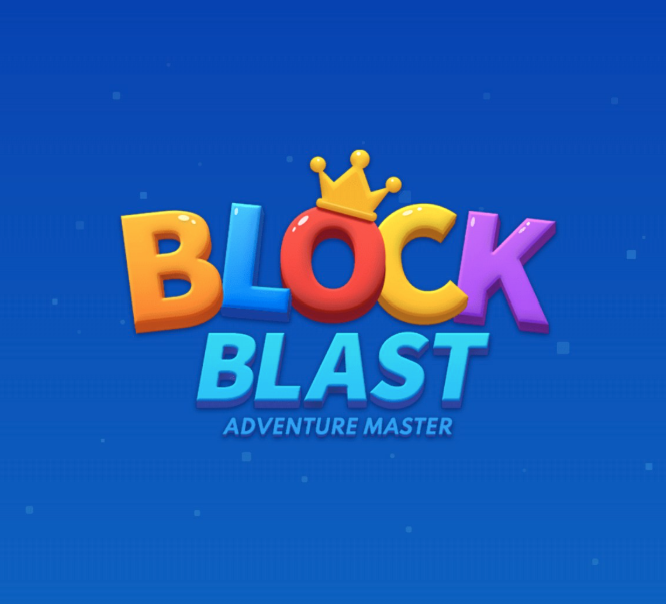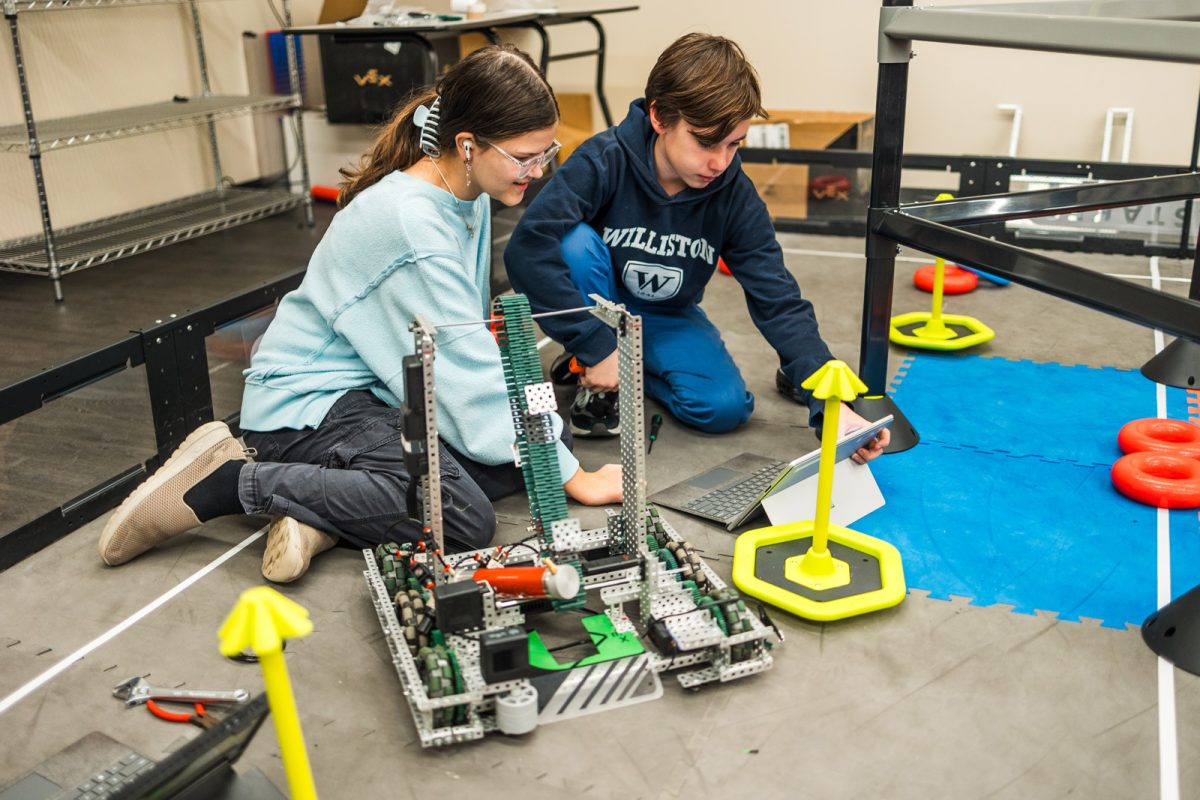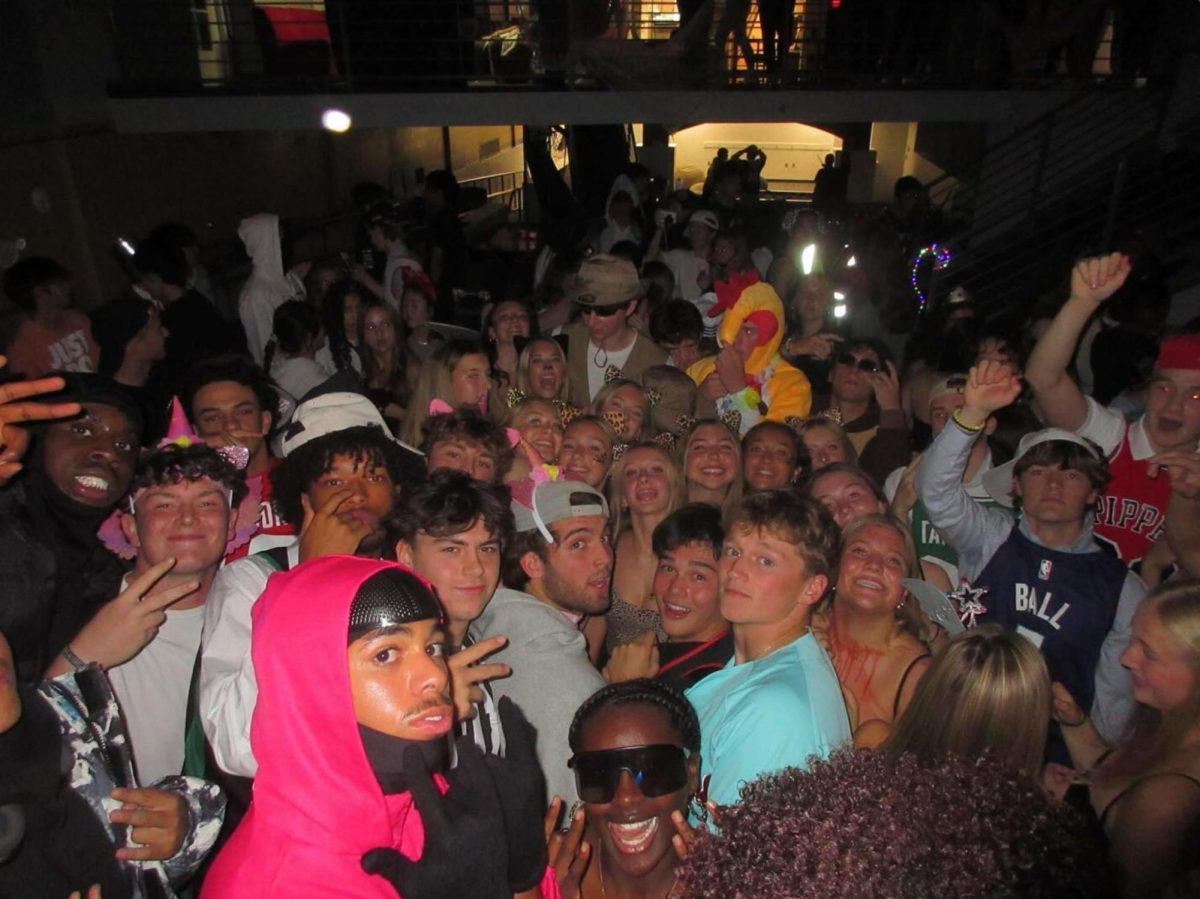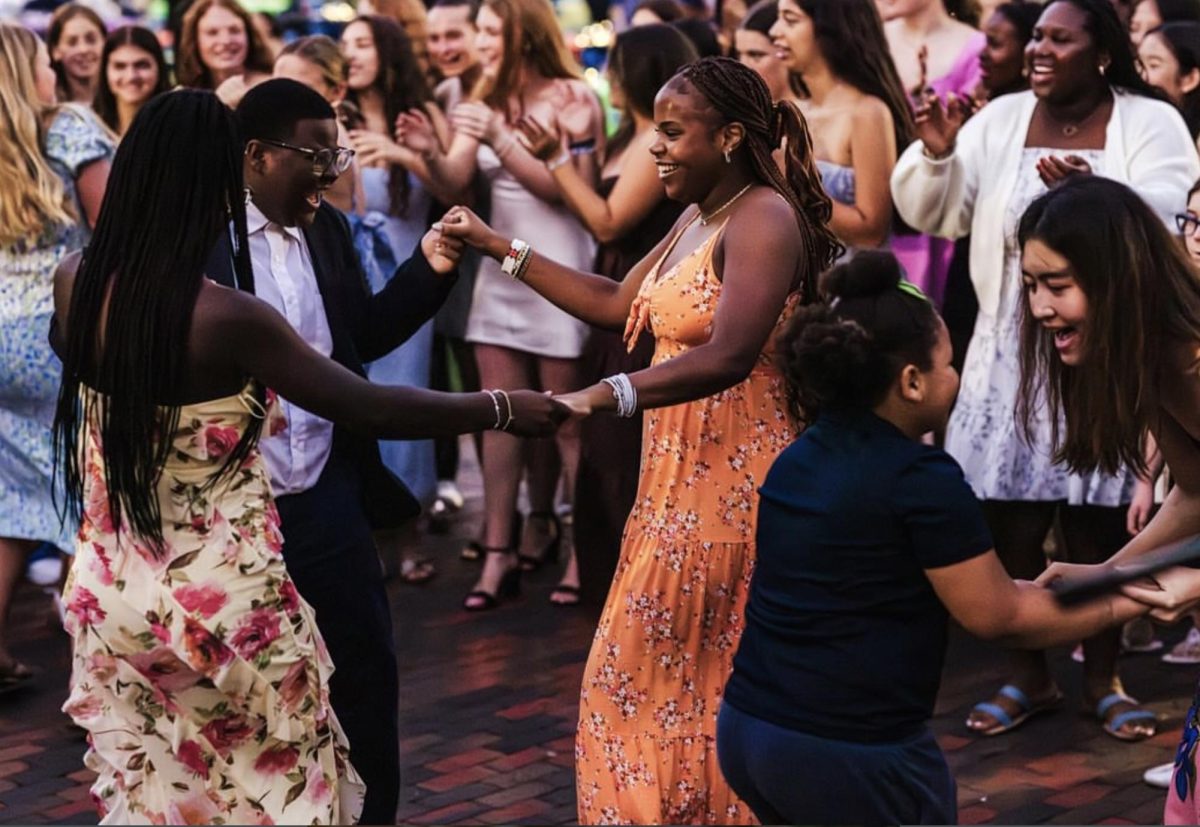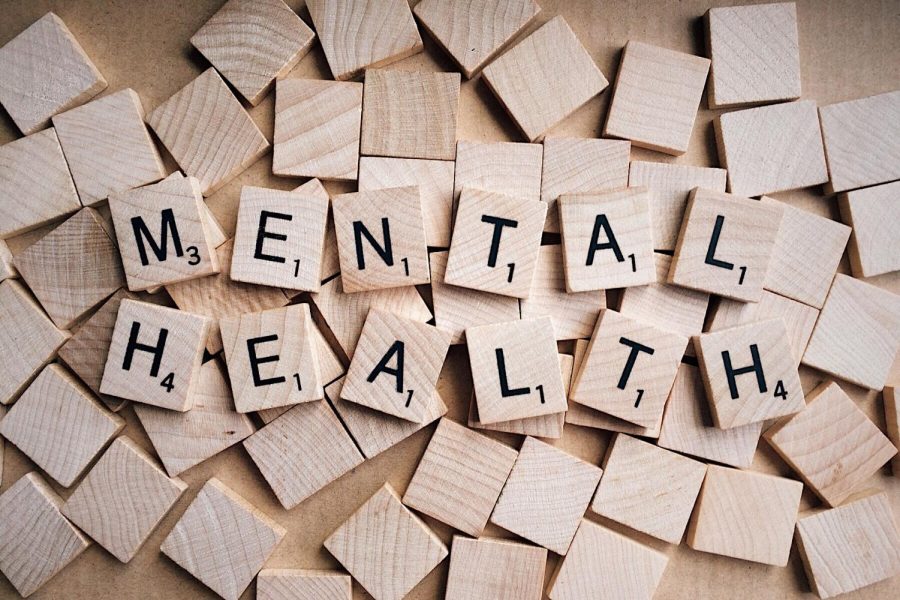The increasingly popular online puzzle “Block Blast!” provides entertainment for students, but also poses a serious distraction from academics.
“Block Blast!” is a free, highly addictive block puzzle cell phone game in which players fit various block shapes onto a grid, clearing lines to score points. The game was created by Hungry Studio, a game developer based in Hong Kong, and was released on September 23, 2022. The game is officially available on the App Store and Google Play, though unofficial versions are also available online. The game’s popularity has increased on social media platforms, especially TikTok, and there are over 40 million daily active players according to their posts on LinkedIn.
For many students, the appeal lies in the game’s simple yet challenging mechanics. Paul Wang, a senior, was drawn to the game out of curiosity.
“I saw someone playing it, and it looked really satisfying, so I decided to play it too,” he said.
Paul uses the game, which is similar to Tetris, as a way to “kill time between classes,” but has managed to set boundaries for his gaming.
“I don’t usually find myself playing it instead of studying because every time I lose, there are ads I need to watch and I use that as a signal that I should stop playing,” he said.
The game’s influence extends far beyond the student body. Some faculty members, like English teacher Maggie Haas, have also joined the trend.
“I heard about Block Blast! from two of my advisees and immediately got really into it,” Haas said.
For Haas, “Block Blast!” evokes memories of another iconic block game she used to play.
“It also reminded me of Tetris which I was OBSESSED with in middle school. I used to play all the time on our giant desktop computer,” they said.
Haas believes that the game’s addictive appeal lies in its simple yet challenging gameplay.
“The temptation to do ‘just one more game’ is so real,” they said.
Not everyone shares Paul’s and Haas’s level of self-control. Some students struggle to balance this addictive game with academics. Grace McCullagh, a senior, admitted that the game has disrupted her routine.
“I’ve been living my life [since I started playing ‘Block Blast!’],” she said. “I play at least once an hour except for when I’m sleeping. And I [go to] sleep later now.”
This shift in her habits has affected her academic responsibilities. Grace shared that she has not done her math homework at all during the second trimester.
“I fear it may be so,” she said when asked if the game was to blame.
Some students even find themselves playing it during class. An anonymous sophomore turns to the game when she feels bored.
“Sometimes, I’m just too bored to do classwork, so I’d rather do something that is more interesting,” she said.
Maya Vulakh, a junior, said playing “Block Blast!” has been affecting her academic performance as well.
“I personally think it has lowered my grades. When I’m bored in class, I find myself on my phone playing ‘Block Blast!’ instead of listening,” she said. “I’m struggling. I had a high B in AP Chem last trimester, but I have 50 now. Instead of doing my homework, I was playing ‘Block Blast!’”
However, she does not want to restrict herself from playing the game.
“I feel like a lot of things negatively affect academics, but you don’t cut them just because it helps you emotionally,” she said.
This issue reflects the broader impact of video games on teens’ lives, as studies highlight their potential consequences. Research by the Pew Research Center shows that 41% of teens in the U.S. play video games at least once a day and 41% of them said it has hurt their sleep. According to the National Institution of Health, children who play video games for three or more hours each day are likely to have attention problems, depression symptoms, and ADHD compared to those who play no video games.
In fact, the obsession with gaming is defined as a type of disorder. According to the World Health Organization, gaming disorder is defined as a part of gaming behavior characterized by the inability to control gaming, prioritizing gaming over other activities to the extent that gaming outweighs one’s other interests and daily activities.
For someone like Grace, the effects extend beyond school hours or the sleep schedule.
“When I close my eyes, I can see blocks now,” she said
The Reason Your Grades are Dropping
13
More to Discover



